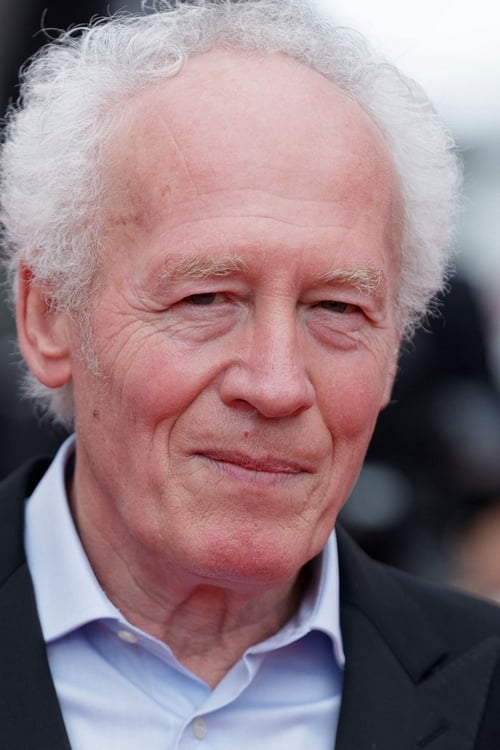
Brothers Jean-Pierre Dardenne (born 21 April 1951) and Luc Dardenne (born 10 March 1954), collectively referred to as the Dardenne brothers, are a Belgian filmmaking duo. They write, produce, and direct their films together. The Dardennes began making narrative and documentary films in the late 1970s. They came to international attention in the mid-1990s with La Promesse (The Promise). They won t...
Explore all movies appearances
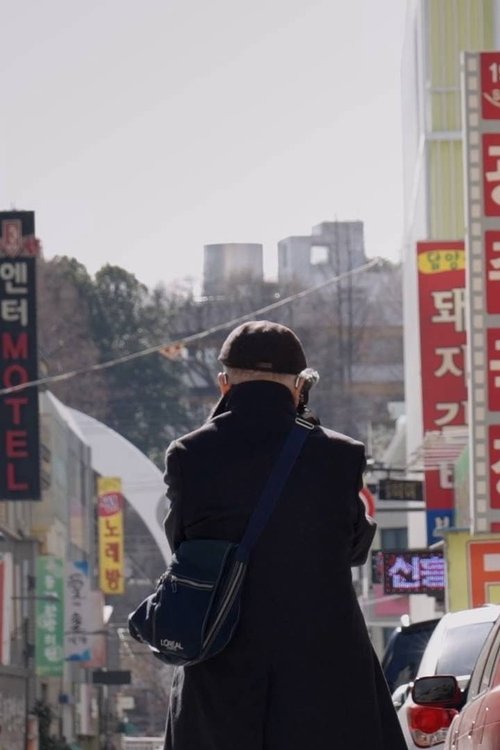
The first feature documentary directed by Kim Dong-ho, former festival director of the Busan International Film Festival, this film captures the present landscape of theaters and films across Asia through the eyes of a seasoned film professional. Now retired from public service, Kim travels with his camera to document the post-pandemic cinematic ecosystem, visiting theaters and film festivals in Korea, Japan, Taiwan, Indonesia, and beyond, and gathering memories and concerns from filmmakers along the way. Prominent figures like Lee Chang-dong, Park Chan-wook, Bong Joon-ho, Kore-eda Hirokazu, Tsai Ming-Liang, and Garin Nugroho eagerly share their thoughts on the fate of theaters and the future of cinema. What begins as a survey of the current state of theaters evolves into an emotional chronicle and an opportunity to reflect on the essence and sustainability of cinema.
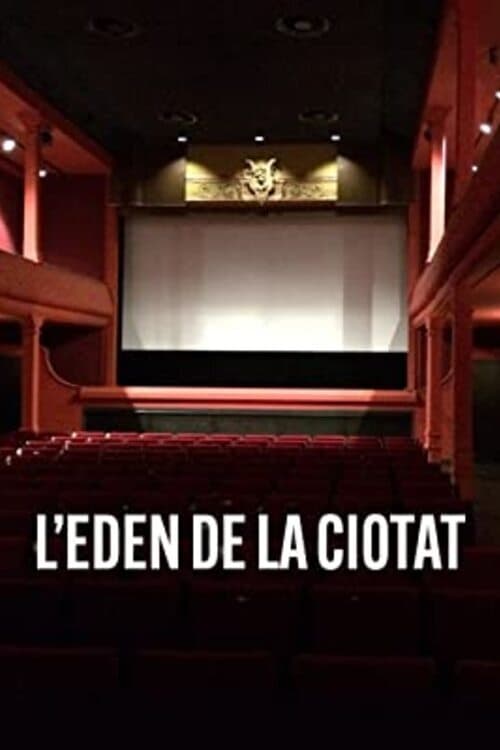
To give creativity free reign, in the space of fifty minutes: this is the strength of the documentary series Cinémas mythiques. This episode gives the critic Alain Bergala complete freedom to commemorate the original Éden de La Ciotat cinema. The oldest continuously operating cinema in the world first opened as a theatre in 1889, but the very same year it also hosted its first commercial film screening, comprised of nineteen Lumière “views”. Threatened with closure in the 1980s, the cinema was reopened in 2013 after a restoration project. This luminous documentary accompanies Jean-Pierre and Luc Dardenne over the course of a few days in October 2021 as they walk through the Teatro Éden, the shipyard and the Palais Lumière built by Antoine Lumière, the father of Auguste and Louis. And it does not forget the legendary station from L’Arrivée d’un train en gare de La Ciotat.
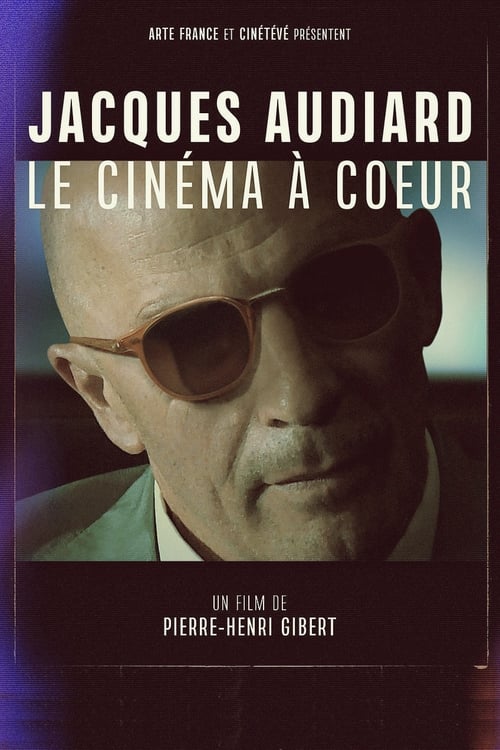
In eight films, Jacques Audiard has renewed French cinema, without alienating either the critics or the success. It is only at the age of 42 that he starts directing, after having been an editor and a scriptwriter. In 1994, he directed his first film, "Regarde les hommes tomber", whose conflicting shooting was an ordeal for this misanthropic beginner. It was with "Sur mes lèvres", in 2001, that he forged his cinematographic language: contained lyricism, deliberate imperfection of images, ellipses plunging the audience into a maelstrom of sensations. With each of his films, Jacques Audiard intends to renew himself, at the cost of challenges and doubts always more vivid.

A nostalgic look at the birth and death of arthouse film distribution in Russia in the early 2000s. The story of the company Cinema Without Borders and its two founders, Sam Klebanov and Anton Mazurov.
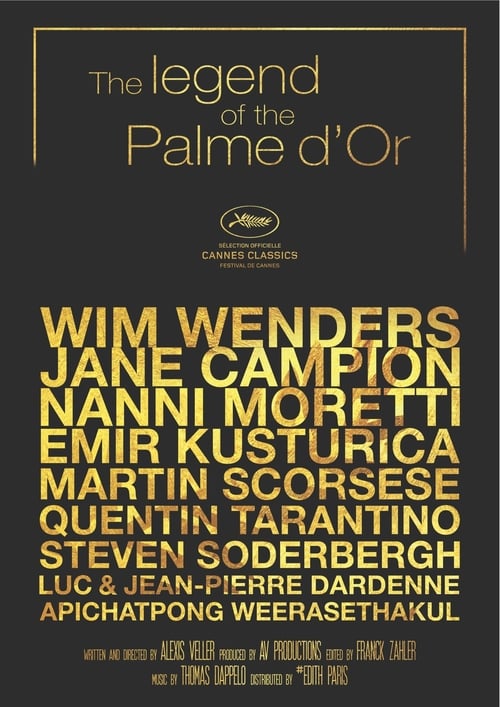
From Martin Scorsese to Jane Campion, from Emir Kusturica to Quentin Tarantino, some of the greatest recipients of this trophy recall special moments relating to the award ceremony which closes the Cannes Film Festival. This film brings to light moving and personal stories, as surprising as they are varied, which all contribute to further enhancing the legend of the Palme d’Or.
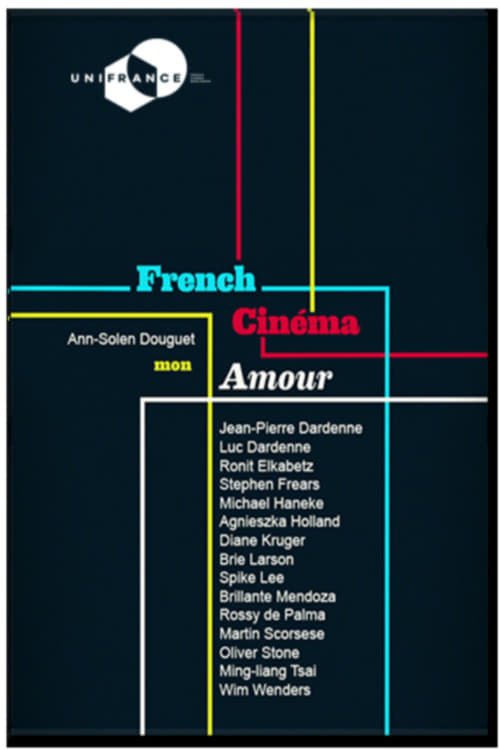
French Cinema Mon Amour is an ensemble film in which each contributor brings their own voice, their own particular approach, their culture, and their language to produce a portrait of French cinema.
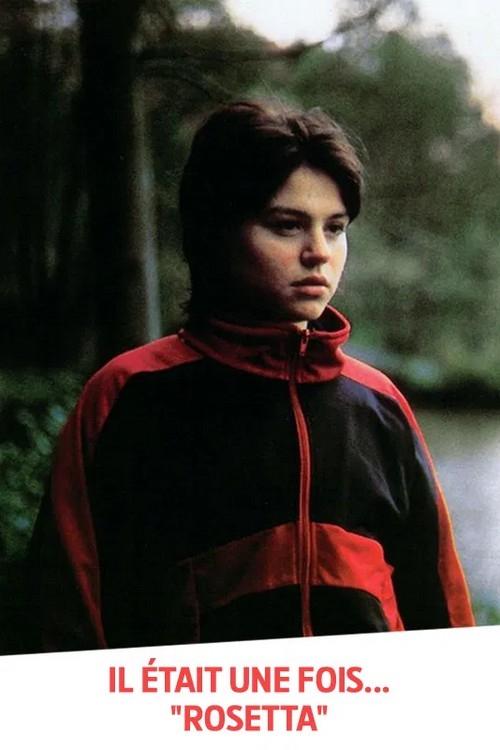
Thirty-eighth documentary in the "Un film et son époque" series. It retraces the genesis, shooting and unexpected success of "Rosetta", a film by Belgian filmmakers Jean-Pierre and Luc Dardenne. Palme d'Or winner in 1999, "Rosetta" recounts the daily struggle of a young girl, played by Emilie Dequenne, who lives in a caravan with her alcoholic and depressive mother, struggling from one odd job to the next. All she wants is a normal life.
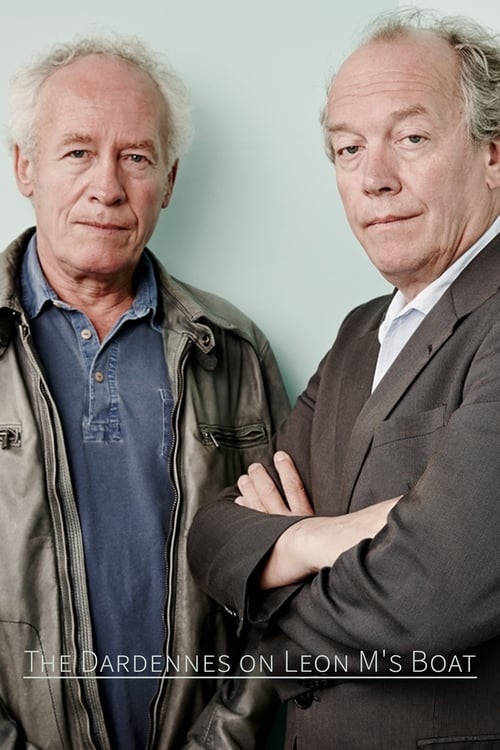
The Dardenne brothers discuss their early documentary films, their relationship with Armand Gatti (who inspired them to become filmmakers), the impact various political events had on their career and work and the shooting of When Leon M.s Boat Went Down the Meuse for the First Time.
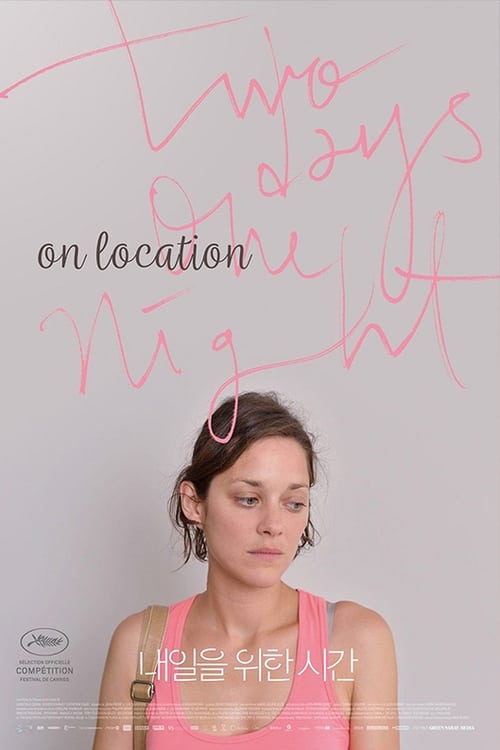
Directors Jean-Pierre and Luc Dardenne return to some of the key locations used in Two Days, One Night and explain how various sequences were shot.
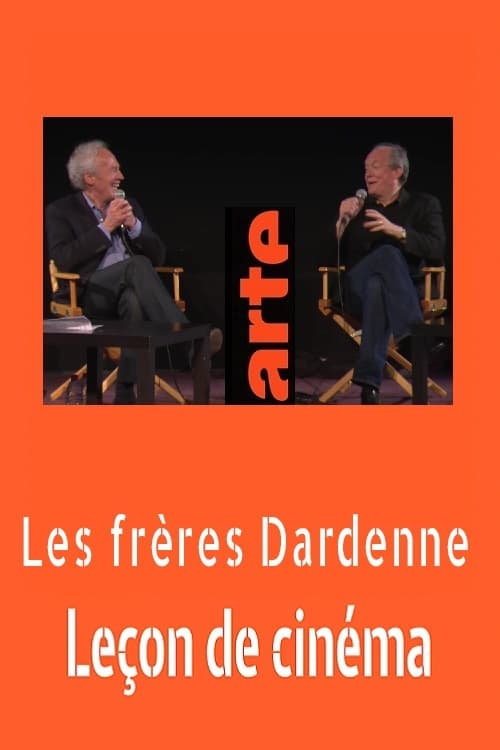
No plot available for this movie.
Subscribe for exclusive insights on movies, TV shows, and games! Get top picks, fascinating facts, in-depth analysis, and more delivered straight to your inbox.